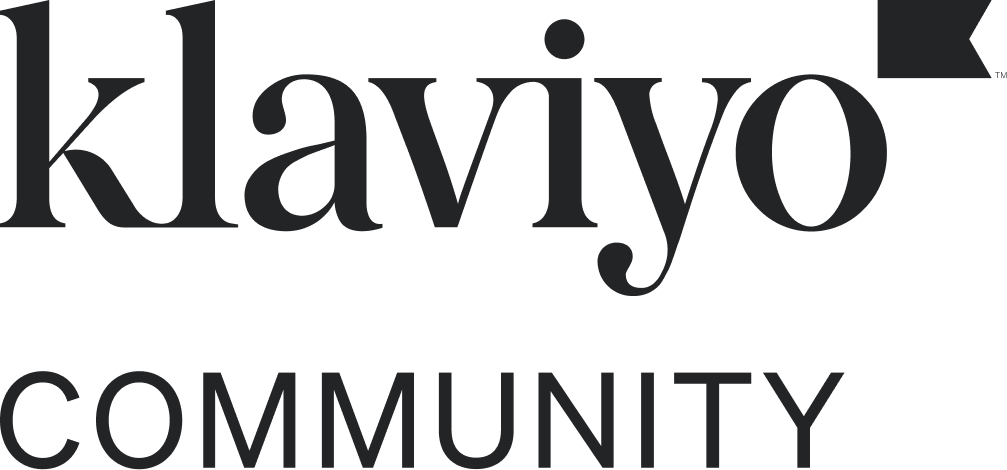We are trying to integrate Klaviyo within a CFML (Lucee, ColdFusion) environment, but there is very little help in the documents for this language.
Are there any other CFML developers using Klaviyo?
Right now, I could just use a couple of examples, such as how to authenticate. The documents give you one line with no context surrounding it. Is this in a POST? Is this in a Javascript? In any case, does anyone (CFML, JQuery, JavaScript) have a working example (with your credentials dummied up, of course) that you can share with me to get me started?
Thank you!
Best answer by rlscsi
View original



